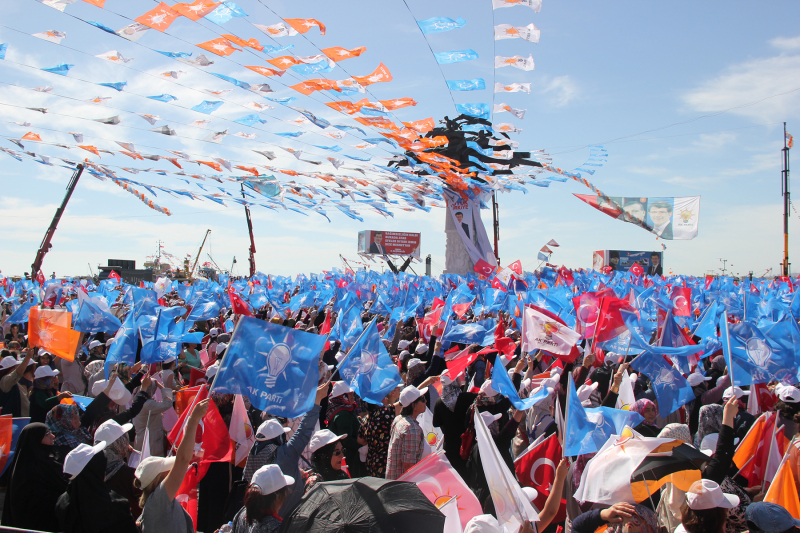Tunisia has a split personality
For much of its postwar history, Tunisia stressed secular nationalism above Islam for much of its postwar history (President Bourguiba famously drank orange juice on national television during Ramadan). Islam remains a powerful cultural and political force in Tunisia, yet a certain stratum of Tunisians has embraced more secular lifestyles, and these several identities coexist uneasily. Tunisia's Revolution, which sparked the Arab Spring, began in December 2010 when a street vendor set himself on fire after being insulted by a municipal inspector. The incident became a trigger for protests against Ben Ali's secular, but corrupt, rule. Following the Revolution, Islamic lawmakers were elected; mosques reopened 24 hours a day, and conservative attire permeated the streets. At the same time, many women wear their heads uncovered; many Tunisians desire a secular government; and many feel connected, if hazily, to Europe.
Given the party's history, some ideological inconsistency might be expected. Only time will tell whether these divides are too wide to keep the movement unified – and Tunisia's budding democratic government unified.

















